NCPI creates and administers a wide variety of robust programs and resources to help our partners achieve their public safety missions. From complete web-based training platforms to national messaging campaigns, and automated victim notification services to on-demand, multi-media eLearning content, our resources are designed to be simple to use and share. Click a link below to explore some of our web-based resources.
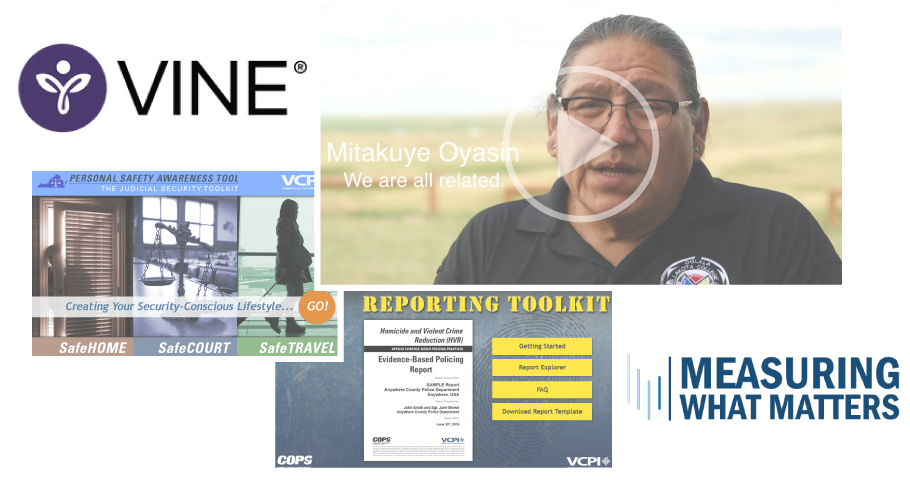
Visit VINE to register.
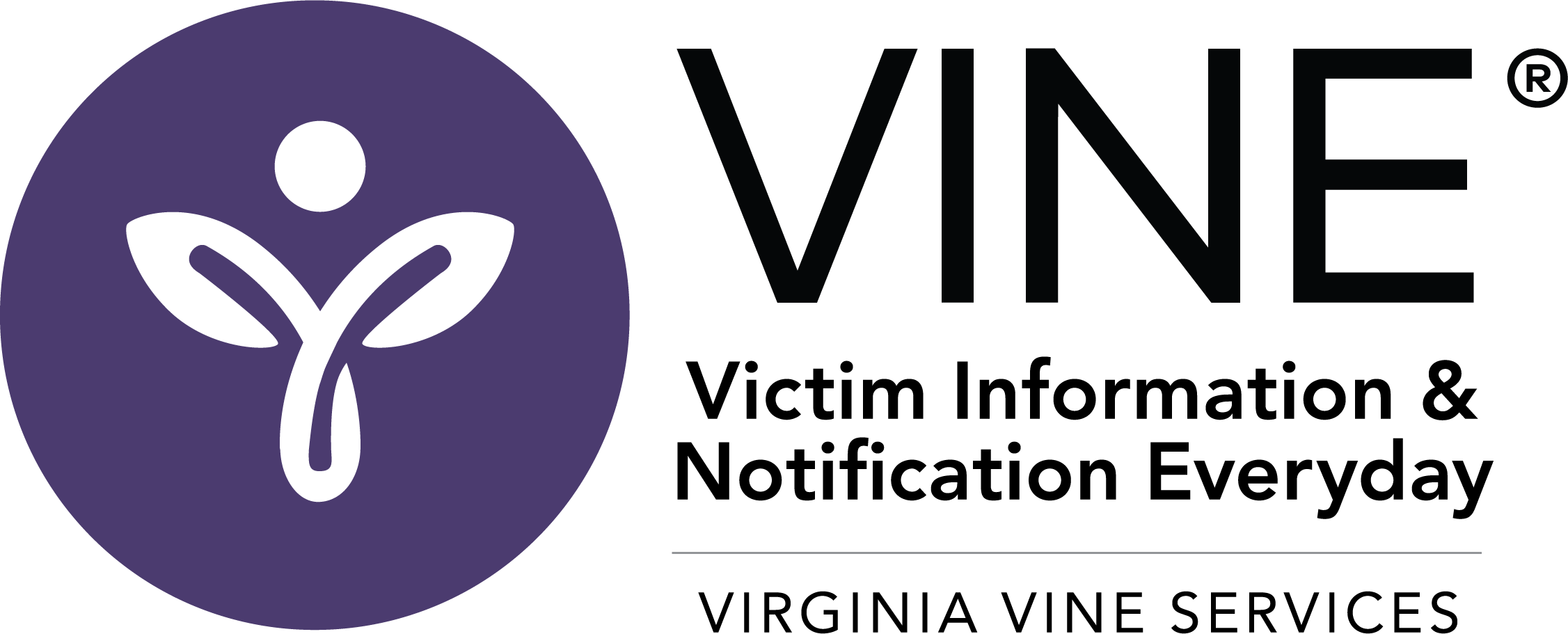
The COPS Training Portal, funded by the USDOJ, COPS Office, is a convenient, no-cost platform for law enforcement practitioners and community partners, providing access to interactive web-based training and resources in community policing and emerging public safety topics. Since developing and launching the Portal in 2017, NCPI has administered all aspects of its daily operations, directly supporting the training needs of 40,000+ learners from all 50 states through high-quality and engaging content that enhances the training already being conducted at the local level. The Portal serves as a gateway to a variety of multimedia community policing resources, including online courses, case studies, scenarios, interactive publications, training videos, visuals, and simulation-based activities.

Explore the Portal | Meet the Portal Learning Partners | Sign-up/Login to the Portal
CIT ASSIST is a national training and technical assistance program funded by the USDOJ, COPS Office to increase the capacity of law enforcement agencies to effectively create or enhance Crisis Intervention Teams (CITs). Since 2021, NCPI has administered this collaborative program to develop web-based training programs and to directly support a Community of Practice made up of the approximately 100 agencies that have received COPS Office funding to improve local responses to mental health crises. The CoP engages in a variety of CIT ASSIST learning and networking opportunities and has access to resources, a community discussion forum, trainings to support their implementation efforts, and technical assistance from subject matter experts representing law enforcement, mental health and advocacy fields.
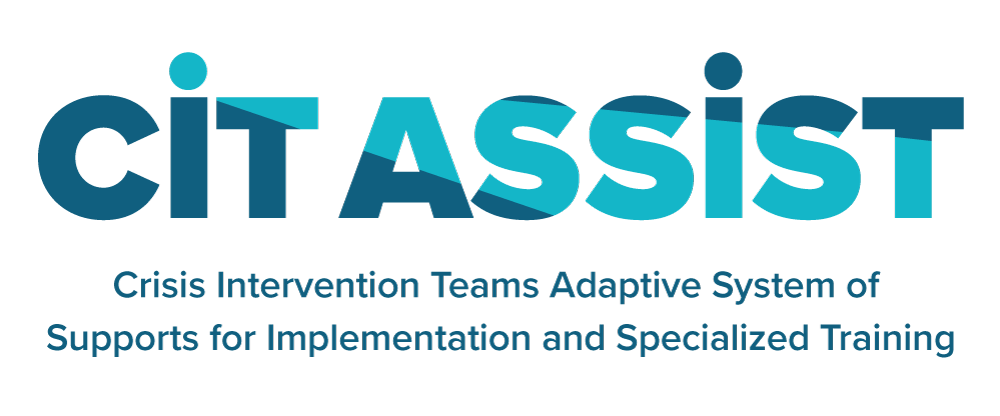
Learn more about CIT ASSIST | Explore the Community of Practice | Access trainings
My Voice. Our Community. is an awareness campaign focused on spreading a simple message: we all have a role to play in reducing violence in our communities. It is the product of a partnership between NCPI and the USDOJ, BJA. The campaign empowers community leaders across the nation to inspire action, to involve community members to contribute in personal and meaningful ways, and to strengthen community connections to increase safety and decrease violence. NCPI created a comprehensive, downloadable toolkit including a campaign guide and customizable public awareness videos, apparel templates, social media assets, flyers and posters to incorporate this powerful message into local existing violence reduction efforts.
Explore the Campaign | Access the Community Toolkit
For policing professionals, public trust, integrity, and liability are constantly on the line. Often the difference between effective community policing and the failure of an agency’s public-safety mission is determined by the decisions of individual officers. With so much at stake, stressing police ethics as simply a means of discouraging bad behavior is wholly insufficient. Effective policing requires changing the concept of police ethics from merely an after-thought, to a controlling insight that informs and guides police practitioners from an internal, personal capacity. In one of its most impactful and rewarding endeavors to date, NCPI partnered with the USDOJ, COPS Office to address this fundamental shift through the Ethical Decision Making: Policing with Principled Insight (EDM:PPI) program. EDM:PPI is a multi-faceted program that is timeless, powerful, and exceptionally relevant for the professionals facing the realities of policing in the 21st century.
Download Curriculum Overview | Enroll in eLearn Course | Contact us for more information
Over the past two decades, violent crime has been steadily declining. Yet the impact of homicide and violent crime remains a significant challenge for our nation’s communities. With long-term social implications and staggering economic consequences, homicide and violent crime reduction remains the top priority for policing agencies throughout the nation. The challenge for many agencies is addressing violent crime with interventions and countermeasures that are demonstrated to be effective. To address this challenge, NCPI partnered with the USDOJ, COPS Office to develop Applied Evidence-Based Policing Practices: Homicide and Violent Crime Reduction (HVR), a multi-faceted program which provides classroom training, online training, and a multitude of resources for police managers and decision makers. Based on the fundamental premise that research and evidence should guide organizational decision making, our goal for the HVR program is to increase your knowledge of current evidence-based practices and ways to implement them into your agency’s homicide and violent crime reduction efforts.
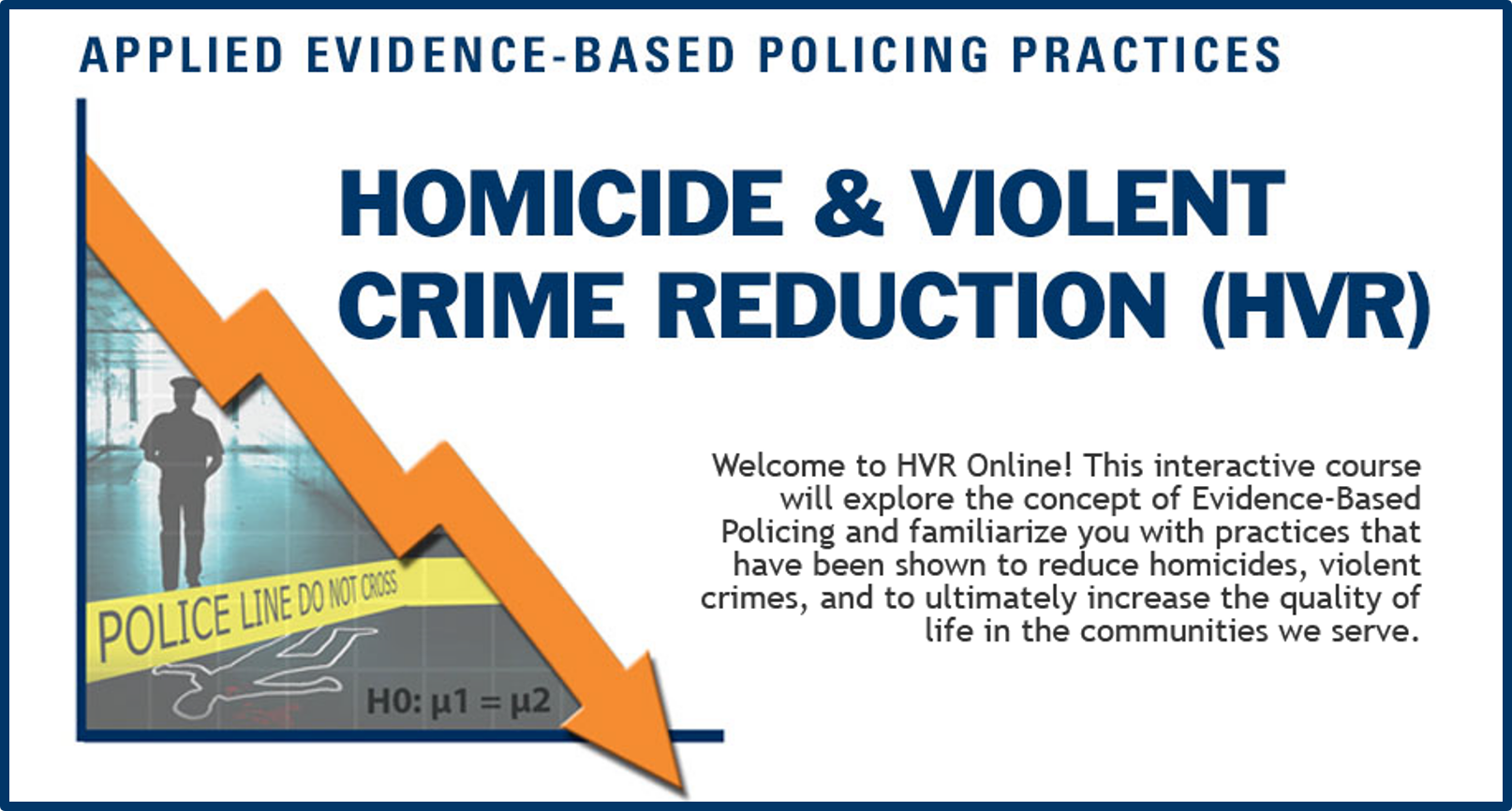
Download Curriculum Overview | Access HVR Library | Enroll in eLearn Course
Nationally, threats against judicial personnel have quadrupled in the last decade. The judges themselves are not the only ones in danger. Judges’ families are also being targeted as a direct threatening tactic and more attacks are occurring in the judges’ homes. Creating awareness and providing resources is critical to securing the judiciary and their families. In response, NCPI is proud to offer the Judicial Security Specialist Development Program (JSSDP), which consists of comprehensive training (onsite and online) incorporating evidence-based strategies and best practices, as well as corresponding tools and resources that law enforcement professionals can use immediately to enhance the personal safety and security of judicial personnel and their families, while at home, during travel, and in the court setting.

Download Curriculum Overview | Enroll in eLearn Course | Contact us for more information
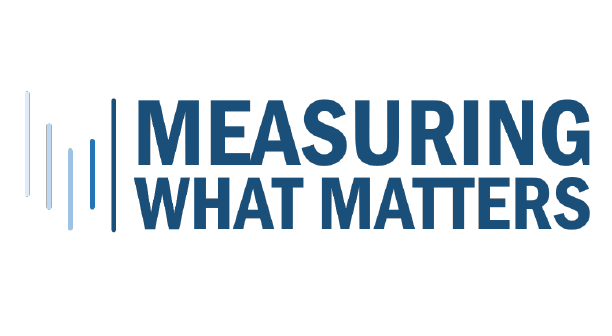
Access the e-Guide & Resource Center | Contact us for more information

NCPI is a 501(c)3 non-profit organization committed to our mission to provide innovative learning opportunities and powerful resources that improve public safety, one person at a time.
© 2023 NCPI.